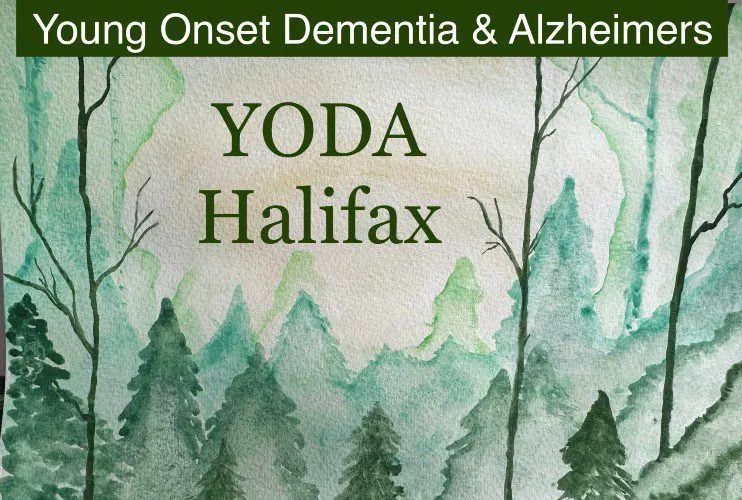Peter Middleton
Peter talks about his prize-winning work volunteering with local and national charities to raise awareness of dementia since being diagnosed with Alzheimer’s disease at the age of 64.
We badly need more examples of this calibre of co-productive working across the caring professions and organisations to further break down stigmas and misunderstandings that continue to exist.
Julie, living with young onset dementiaI’m Julie Hayden, and I was diagnosed with young onset dementia back in May 2017 at the age of 54. I’ve been so fortunate in the connections I’ve made over the years since then and the amazing people I’ve had the opportunity to work with. I’m taking the time now to highlight one of the most exciting pieces of work I’ve been involved in.
The Centre for Applied Dementia Studies at the University of Bradford has for many years now been at the forefront of dementia research and professional training. It was there that the late and great Tom Kitwood worked. So it should come as no surprise that it is they who have struck a first for the UK; a module for their MSc in Advanced Dementia Studies programme which has been entirely designed, written, partly taught and marked by people living with a dementia diagnosis.
Ably facilitated by Clare Mason (Assistant Professor) and Danielle Mazacs (Module Leader), a group of 22 ‘experts by experience,’ many of whom are living with young onset dementia, from across the UK would meet via Zoom to discuss the aims and content of the course work and the important messages we wished to convey. Effective results cannot be produced by rushing the task in hand and work on the project began back in October 2021. An awful lot of background work, preparation and administration was needed by Clare and Dee to ensure that the discussions and ideas we had produced translated into an accessible to read, but still academic format.
One thing we quickly realised was that all 24 of us trying to share our views, knowledge and experience on screen within each meeting was not a feasible option. An indication of the respect held by the university for us was that as soon as we raised this as a challenge, from meeting two it was addressed and we were split into different ‘Zoom rooms’ so that everyone had the opportunity to be heard. Others decided that they could best support and add to the quality of the content by contributing in other ways, ie through creating artwork, poetry or the making of films. Although this was a steep learning curve for those on both sides of the equation, we successfully chartered the course, making adjustments as necessary along the way.
An important aspect of this was being clear about the appropriate use of vocabulary and the impact of how the wrong use of words can affect us, and how we are impacted by the stigma that dementia creates. The student body is global, and we paid special attention to how different cultures see people who are living with dementia. For example, in some South Asian countries they do not have a word that means dementia. For others, the support needs can differ as they may be LGBTQ+ or from Black or minority ethnic communities. Not all people have families supporting them. I, myself, live alone and have to self-manage my care.
The course is now running online as an optional module in the MSc in Advanced Dementia Studies degree and is proving very popular. For many professionals, they find that they can easily access books and tutorials by fellow professionals, but an important missing link in the chain is the voices of those who are living with the daily challenges that dementia can bring, and needing to find a positive way forward to enable them to live fulfilling lives rather than just existing.
We badly need more examples of this calibre of co-productive working across the caring professions and organisations to further break down stigmas and misunderstandings that continue to exist. The work we have produced has now been shortlisted for an Outstanding Achievement for Teaching and Learning. I am so proud to have been included in this team production. It is a prime example of what can be achieved when we work together in true partnership.

Peter talks about his prize-winning work volunteering with local and national charities to raise awareness of dementia since being diagnosed with Alzheimer’s disease at the age of 64.
Hilda is a founding member of the Young Dementia Network and in 2023 celebrated ten years as CEO of Dementia UK. She shares how awareness of young onset dementia has grown and what improvements there have been.
Keith was diagnosed with young onset Alzheimer’s disease aged 55. Since his diagnosis he has worked tirelessly as a dementia activist and has written a number of books, most recently ‘Talking with dementia reconsidered.’